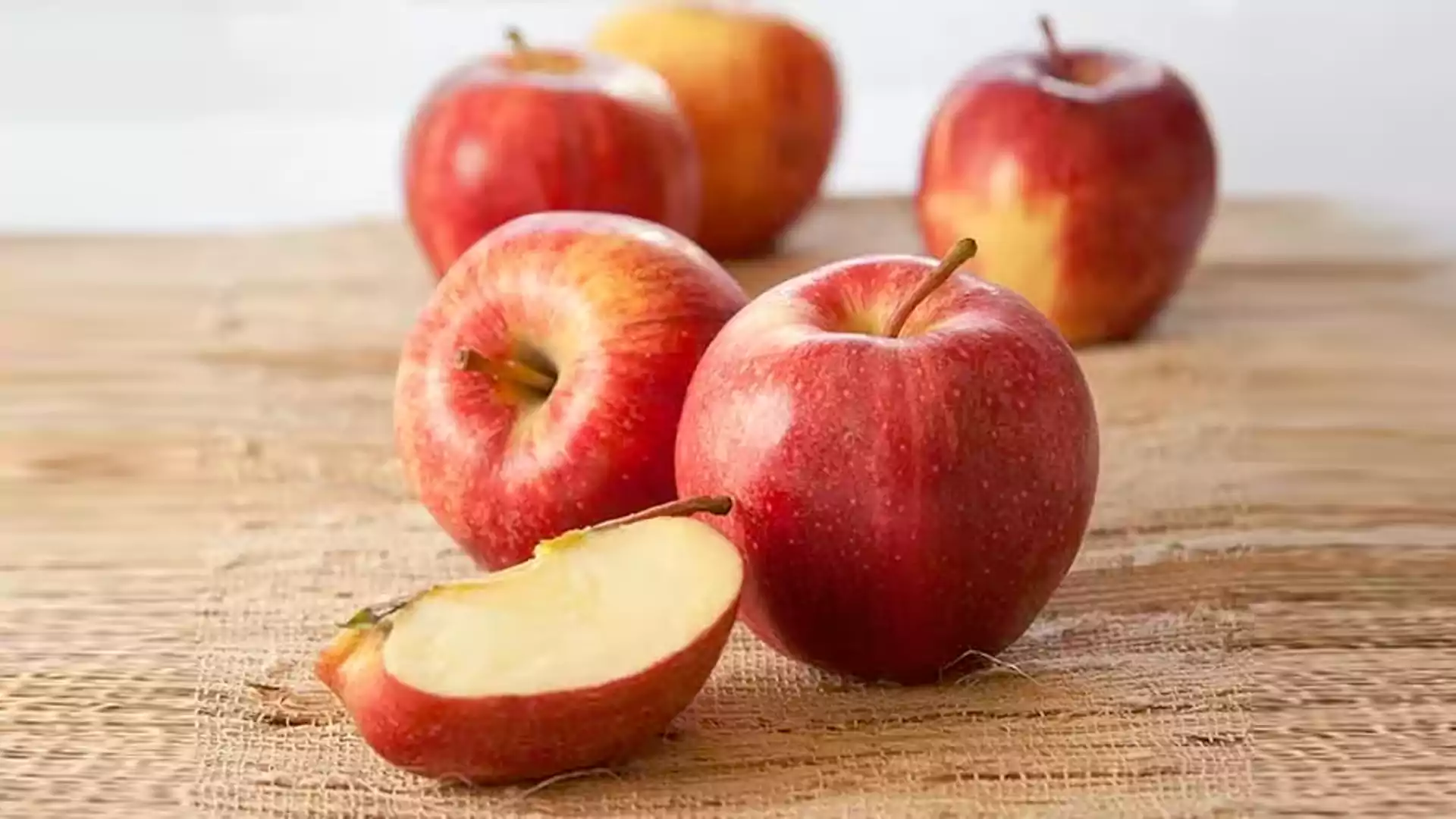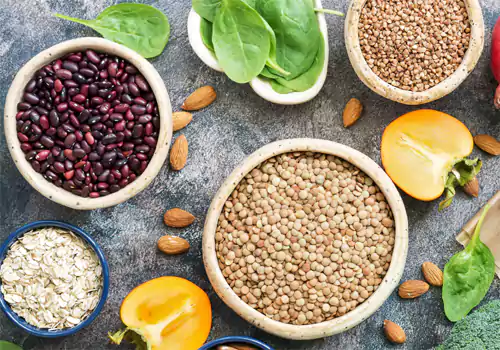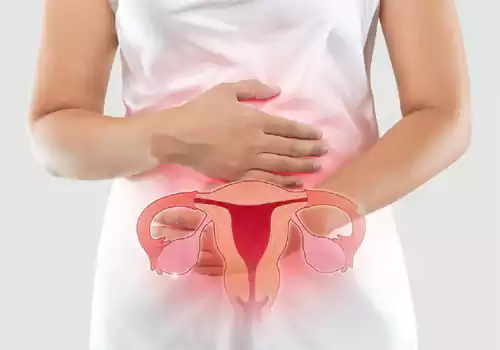Water- When, What and How to drink it

Most adults and kids wait until they get extremely thirsty, but by then they are mostly dehydrated. Some drink only during meals---a mistake. When we drink too much water during meals, it washes out the hydrochloric acid, digestive juices, and enzymes in our stomach and intestines, which delays digestion. Fluids, iced drinks particularly quench the thirst same time, they quench the digestive process similarly to pouring water on fire. Drinking just some room temperature, unsweetened water during meals is right, just enough to smoothen the food pipe to swallow food, and to tackle strong flavors. Stick to only 8 ounces ( 0.2 litres) of water during meals.
Warmer and drier climatic zones force more water out of ones body through perspiration and exhalation. Hence drinking twice as much water as you actually need, soon after returning from a hot outdoors is necessary. Some mothers feed the newborns with water, when its summer. Milk is predominantly water, so infants do not need water. IN a perfect scenario, feeding water to an infant before six months of age is not much recommended. But if you are introducing the child food after 6 months of age, feed just one ounce (0.02 litres) of water, twice a day, while eating. At later stages, if the child eats bread or foods made with flour, he or she will need more water as these foods are dry and oily.
Most people are choosing bottled water over tap water, but have they checked how regulated that particular bottled water is? Not every bottling unit follows regulations, whereas City/ Corporation water is much regulated in some areas. In a study, one hundred brands of bottled water showed arsenic, trihalomethanes, bacteria, other contaminants, man-made chemicals, phthalates, high levels of flouride, and coliform bacteria in varied percentages. Not every bottled water is lead free. Think before you confidently spend your bucks on bottled water, instead of using the much regulated tap water. It even puts a control on the plastic dumps in the whole world. However, it varies from area to area...one has to check with the local Water Supply Agency and the locally available Bottle water brand before deciding to make a shift. In some places, bottled water is definitely safer than the common water.




